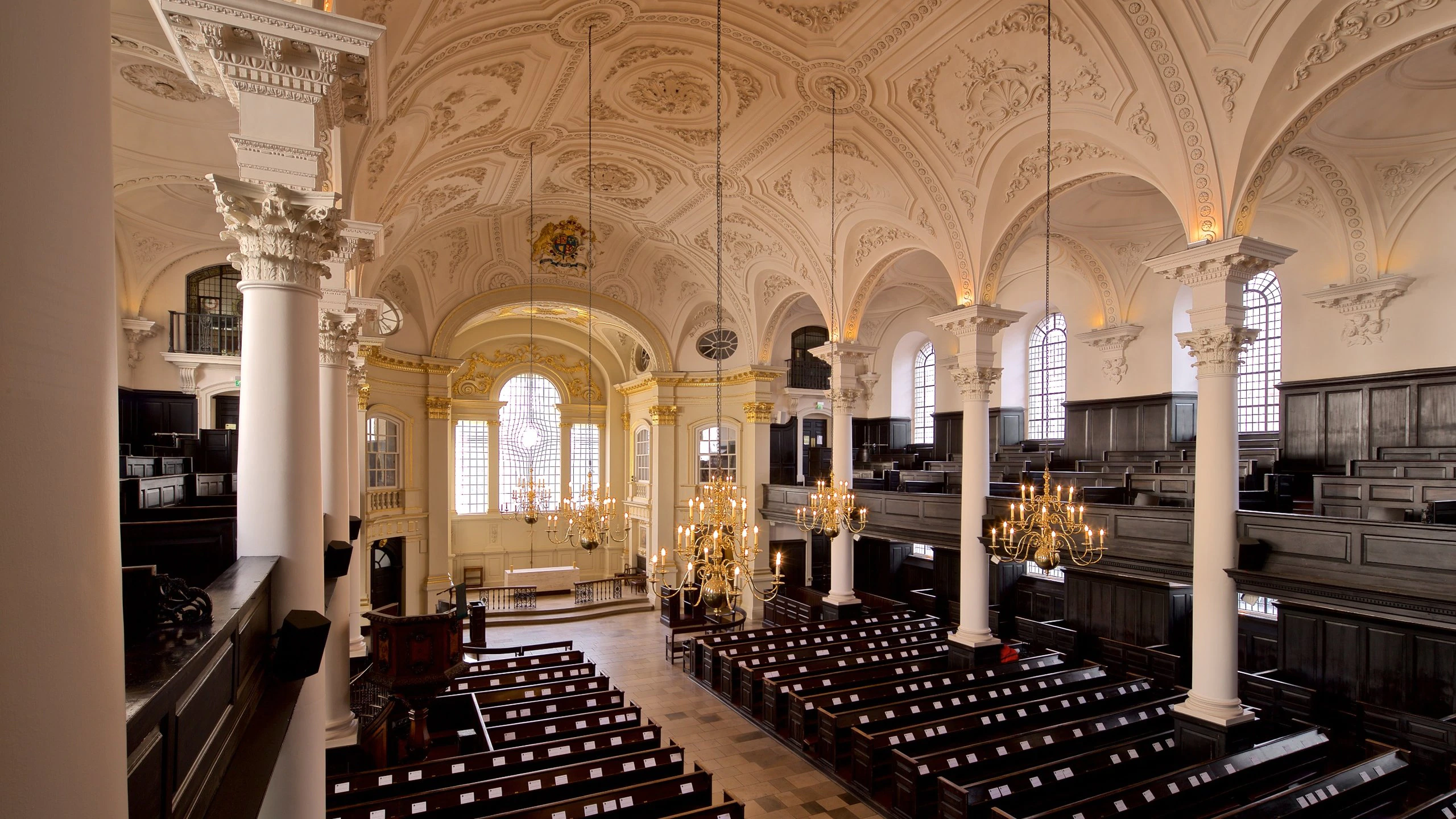
G.F. Händel: L’Allegro, il Penseroso ed il Moderato
G.F. Handel – L’Allegro, il Penseroso ed il Moderato
Als Teil des Monteverdi Chores.
Offizielle Konzertankündigung:
”Handel’s secular work L’Allegro, il Penseroso ed il Moderato is one of his most inventive, varied and characteristically English works evoking contrasting emotions of the human condition, which creates a synergy of Enlightenment reason.
As a farmer passionate about the English Countryside, there is no one more suited to conduct Handel’s L’Allegro, il Penseroso et il Moderato than John Eliot Gardiner. Last recorded by the Monteverdi Choir and English Baroque Soloists in 1981, we look forward to bringing a fresh perspective to this significant work.
L’Allegro, il Penseroso ed il Moderato (1740) is one of Handel’s most unusual works. Despite its Italian title, it uses a completely English text, much of it written a century earlier by the 22-year-old poet John Milton, to explore the contrasting moods of Mirth (L’Allegro) and Melancholy (il Penseroso), eventually advocating a ‘middle way’ of Moderation. Milton’s poetry was suggested to Handel by his friend the philosopher James Harris, who set about rearranging the poems to create a convincing musical structure; Handel himself had the idea of a final section to unite Milton’s poems into ‘one Moral Design’. The libretto was refined by Charles Jennens (better known as the compiler of the text for Messiah).
This poetic allegory yielded some of Handel’s most inventive and colourful music. The text focuses on English rural and urban life that would have been familiar to Handel: milkmaids and shepherds, warbling birds, the cricket on the hearth, the ‘busy hum’ of ‘populous cities’, the thrill of the hunt, tongue-in-cheek references to theatrical performances of Ben Jonson and Shakespeare – all come to life thanks to the composer’s imaginative use of the orchestra and singers. The final ‘Moderato’ section culminates in one of Handel’s most sublime duets, evoking nothing less than the dawn of the age of Enlightenment.
This riotous variety of moods and images will be celebrated by the Monteverdi Choir and a team of brilliant young solo singers as well as by the English Baroque Soloists – the piece has notable solos for horn, flute, oboe, bassoon, organ, bells and cello.”
